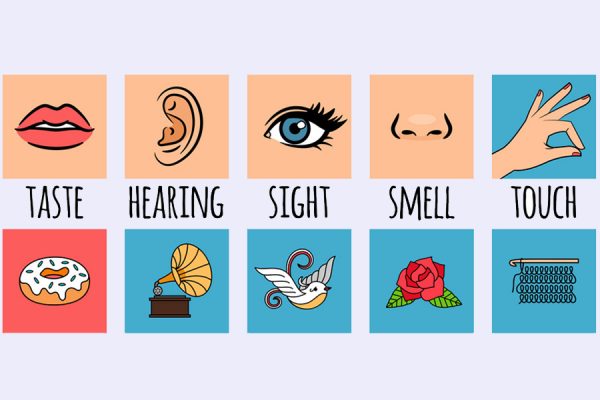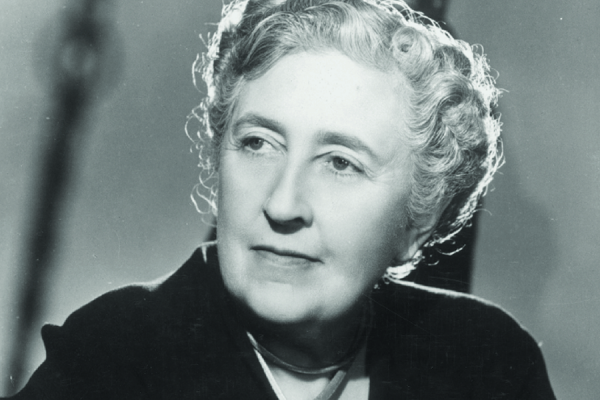About two years ago I started learning Russian from scratch. If you want to know what it is like to be in your students´ shoes when learning a language, I highly recommend going through the process of picking up a completely new language. It can be an enlightening experience.
One thing which I find challenging is just how long it takes to really “know” a new word. Have you ever thought just what is entailed?

For example, would you know how to use the word “entail”? You may have seen this word in context, but how many times have you actually used it?
Let´s consider what is involved when discovering a new word for the first time and really getting to know it well enough to be able to use it with confidence.
Definition of the word
- Perhaps the first thing you want to eagerly know is the meaning of a new word. There are a number of strategies you could adopt, for instance: translating the word into your native language; asking someone to explain the word to you; looking up the definition of the word in a monolingual dictionary or trying to figure out the meaning from context, among others. Although these are all good strategies, they also entail drawbacks. Perhaps there isn´t an equivalent word in your language. Think about the word “saudades” in Portuguese. Is there a single word in English which carries with it so much passion in meaning? If someone explains a new word to you, you may get confused. Perhaps you get the wrong end of the stick when trying to fathom the idea of the word in context, e.g. consider that the word “entail” has another word “tail” in it and this could lead to misunderstandings.
Spelling
We all know that English is challenging in terms of spelling. In fact, it might be consoling to remember that many native English speakers find spelling difficult as many words are not spelt as they are pronounced. Let´s take these examples of homonyms: ate/eight; aunt/ant; bored/board. Students also have to think about silent letters, such as knife and island. What´s more is that some learners have to consider a different alphabet (like learning Russian). In the case of Portuguese speakers learning English, some letters are not used as much in their language, e.g. “k”, “w” and “y”.
Pronunciation
When learning a new word, we obviously have to be able to pronounce it correctly so as to be understood. Let´s consider some challenges that learners of English come across in terms of pronunciation: the words “cough”, “bough”, “though” and “through” all have “ough” in them, but are pronounced completely different;syllables are another issue which can cause doubts, e.g. “worked” has one syllable and “comfortable” has three syllables; word stress can be difficult when you consider “photograph”, photographer” and “photography”; many students have trouble understanding phrases due to connected speech, for instance consider “I like Tim” and “I liked him” and there is also the matter of accents and dialects to take into account, for example “garage” (British English) and “garage” (American English).
Register
The difference between formal and informal English is very important for us to know when to use a word for a particular purpose or in a certain social setting. For example, consider these differences:
| INFORMAL ENGLISH | FORMAL ENGLISH |
| A kid | A child |
| So | Therefore |
| Put up with | Tolerate |
| To buy | To purchase |
Informal language includes slang, swear words, phrasal verbs, idioms, contractions and ellipsis, among others, whereas formal English may derive from Latin words.
Collocations
Words that usually go together and sound natural to a native speaker can be tricky for someone learning English. Let´s take the word “entail”. In the Oxford Dictionary of Collocations, the adverbs that go with the verb “entail” are “actually”, “inevitably” and “necessarily”, and the example they give is “Restructuring will inevitably entail compromises”. From this sentence, we can see that it is more of a formal word. Collocations often make a huge difference in the way someone sounds when speaking English.
Personal Association
We cannot underestimate learning styles as each student is an individual and has their own way of devising strategies. For example, when I learnt the word for “eight” in Russian, which is восемь, it sounded like “vou, sim” to me in Portuguese! This is a personal association I made. Perhaps it triggers something different in another learner. Students make all sorts of connections in their head to remember and memorize new words.
Helping students All things considered, how can students learning English really “get to know” a new word? In my opinion, exposure to the language in many different ways is essential, such as watching films, TV series, listening to the radio, reading books, magazines, websites, short stories, interacting with English speakers, etc. In terms of giving students more opportunities, teachers should give ample time for learners to repeat new words, give them exercises to practice, including spelling bees, and make sure they produce the language, correcting them where necessary. So, how do you feel about the word “entail”? Do you feel confident to incorporate it into your vocabulary?




